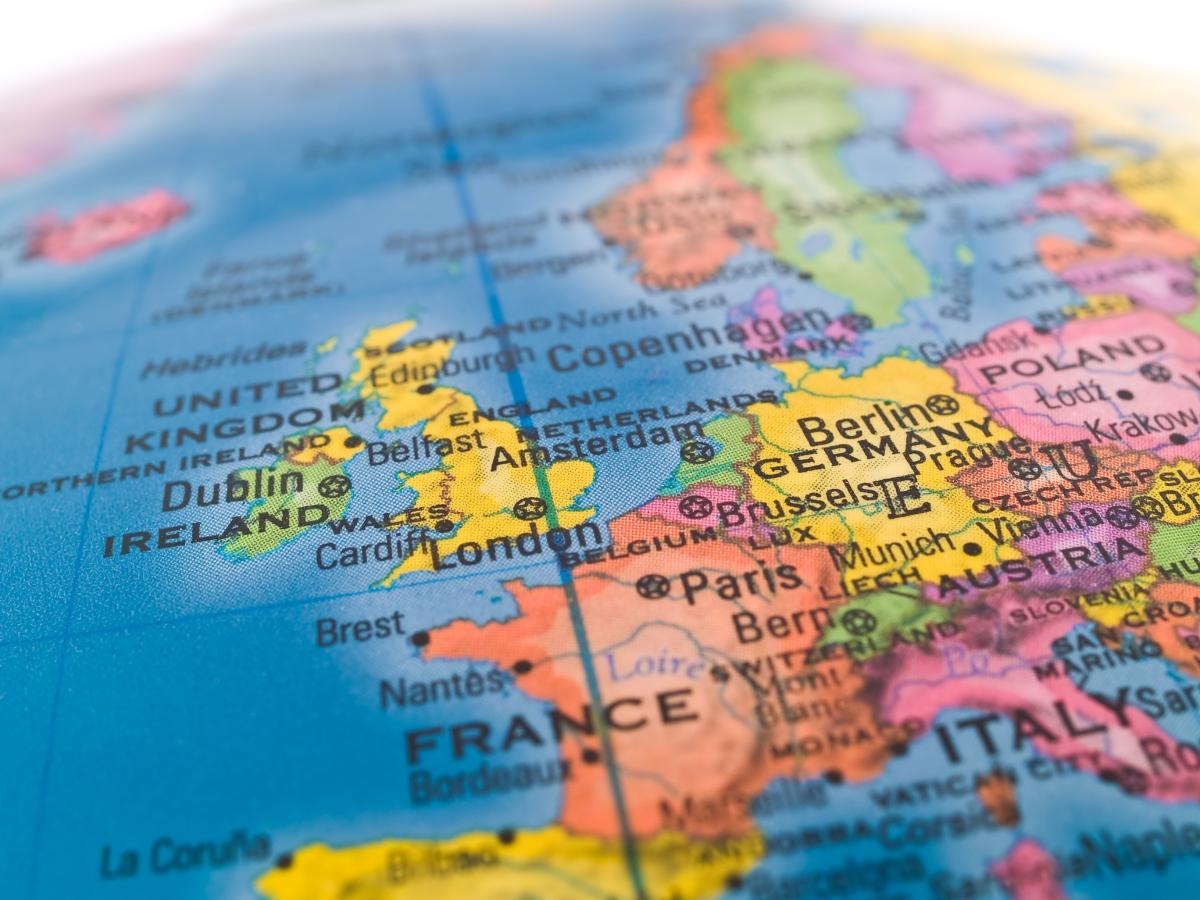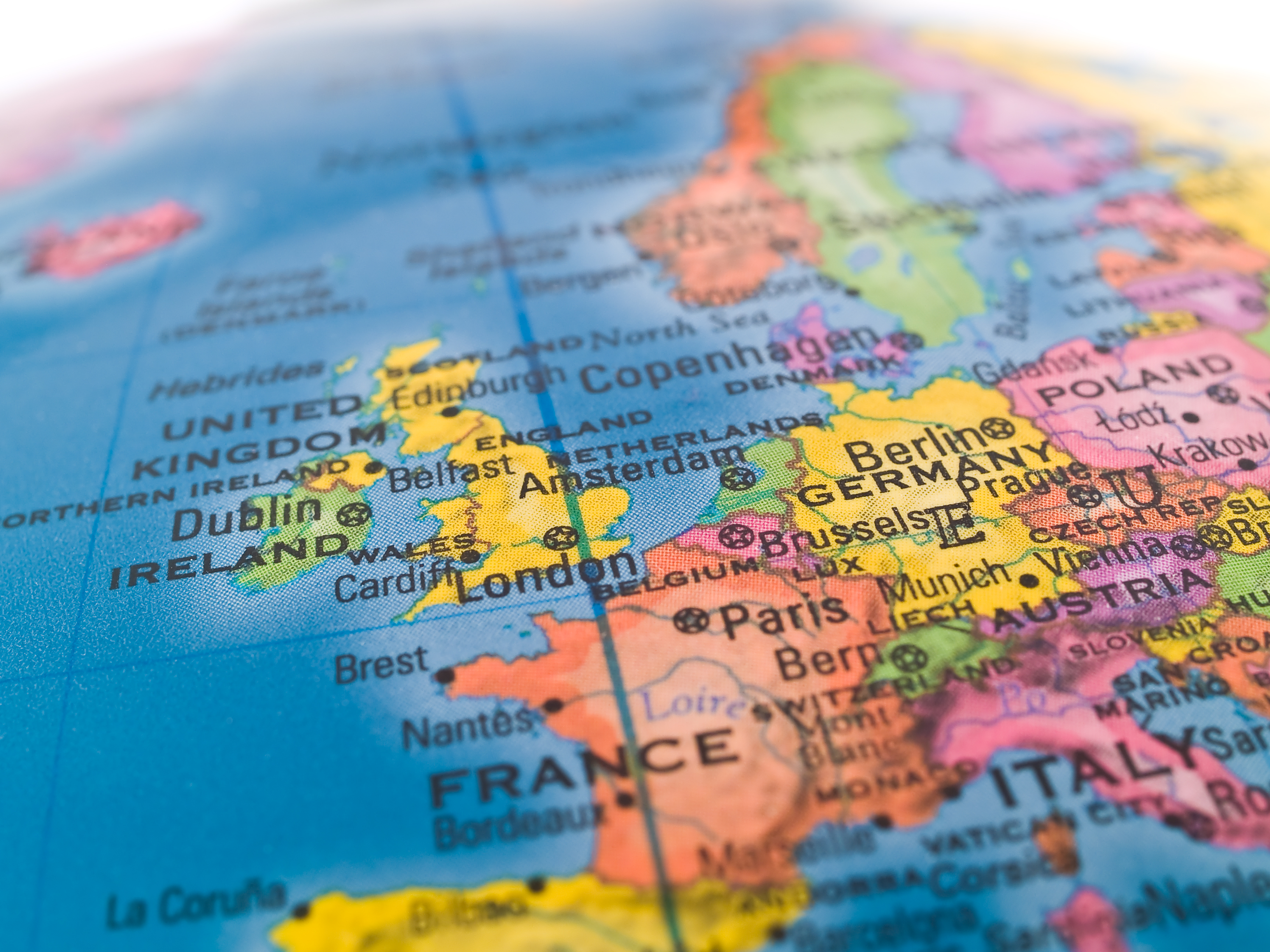Consumer policy takeaways from the EU-UK trade deal
Consumer policy takeaways from the EU-UK trade deal
BEUC NEWS - 08.01.2021
The EU and UK have struck a trade deal that structures their post-Brexit relationship as of 1 January 2021. BEUC has conducted a first analysis of the agreement and urgently asks for clarity around customs duties for travellers and online shoppers. We also note the changes for consumers [1].

Our takeaways build on existing work regarding the consumer interest in trade policy. We have compared this deal with consumer associations’ expectations of any EU trade deal. BEUC and its members will continue to monitor EU-UK cooperation going forward.
How the trade deal takes consumers into account:
- Consumer welfare is defined as a key objective.
- It safeguards the EU and UK’s ‘right to regulate’ to protect consumers.
- Ambitious plans to protect consumers shopping online. Traders will be required to inform consumers about the product, seller, full price, applicable consumer rights, as well as to ensure access to redress.
- Tariff-free and quota-free trade of goods between the EU and UK gives people continued access to a range of goods.
- Cooperation on product safety: The EU and UK intend to exchange rapid alert information on dangerous and non-compliant products, and to conduct coordinated actions.
- It ensures the security of energy supply.
What could be clarified and/or improved:
- Clarify the situation around customs duties: EU consumers might not realise that they may have to pay additional fees such as custom duties when buying a product from a UK trader. This will be the case for products that have not been made in the UK. Consumers should be able to know the full price at the time of the purchase.
- Make commitments on cooperation between regulators a reality: EU and UK regulators are encouraged to continue cooperation on a range of topics: antimicrobial resistance, animal welfare, sustainable food production, competition policy, cybersecurity, health, and financial services. For the benefit of consumers, such cooperation should go beyond lofty statements and be put into practice.
- Cooperation on enforcement: Contrary to what is planned for product safety, the deal does not foresee an arrangement to allow authorities to cooperate on the enforcement of consumer rights.
- More ambition on roaming fees: While we understand many operators do not intend to bring back roaming fees, the agreement could have made sure that these fees do not make a comeback in the long run.
Monique Goyens, BEUC Director General, commented:
“The EU and UK are not lifting their anchors and floating off in opposite directions. Our proximity dictates that supply chains will continue to stretch across the EU-UK border. EU residents may also spend their post-COVID holidays in places such as the Lake District or Edinburgh.
“Authorities on both sides will therefore have to find avenues to continue exchanging information and cooperating on matters that affect the daily lives of consumers.
“Going forward we call on the EU, its Member States, and the UK to clarify immediately what this agreement means for consumers when it comes to paying customs duties. To illustrate, while the agreement indicates that consumers should be made aware of the full price when buying online across the Channel, it doesn’t say how this will work in practice. For example, a Belgian consumer will have to pay custom duties when buying a product made in China online from a British retailer. Consumers need to know this to be able to make an informed choice.”
Are you a consumer with a Brexit-related question?
Get advice by contacting a consumer association in your country. Below you will find a selection of dedicated advice pages by members of the BEUC network:
- France: Voyager au Royaume-Uni depuis le Brexit : Vos droits en cas de retard ou d’annulation (UFC-Que Choisir)
- Germany: Brexit: Was bedeutet das für Verbraucher? (Verbraucherzentralen)
- Italy: Brexit: il 1° gennaio 2021 la Gran Bretagna esce dall'Europa. Ma ora c'è un accordo. Cosa cambia per i consumatori? (Altroconsumo)
- Slovenia: Brexit: kakšne so spremembe za potrošnike? (Zveza Potrošnikov Slovenije - ZPS)
- UK: EU Exit: Important Consumer Advice (Consumer Council of Northern Ireland)
- UK: Brexit deal: what it means for food, prices, consumer rights and more (Which?)
The above list of dedicated advice pages was last updated on 12 January 2021.
[1] The main changes for EU consumers as of 1 January 2021 are:
Visiting the UK
- EU citizens do not need a visa to travel to the UK. They can use their ID card until 30 September. Afterwards, they will need to bring their passport.
- UK and EU passenger rights continue to mirror each other. However, the respective EU and UK laws could diverge over time, leading to different passenger rights in the long-term.
- People buying package travel from a UK provider who is not actively targeting them – there is no EU country domain name, no price in an EU currency – will no longer be protected by EU laws for instance in case a hotel goes bankrupt. Consumers might need complementary insurance.
- An international driving license is not needed to drive in the UK.
- The European Health Insurance Card remains valid for short-term stays.
- Telecom operators may choose not to apply surcharges for calls, texts and use of data. However, this is not compulsory as EU roaming rules will no longer apply. Travellers are advised to check their operator’s conditions before travelling.
- It will not be possible to bring back meat or dairy products when returning to the EU from the UK. Only limited quantities of alcohol and tobacco will be allowed. Travellers might have to pay duties if they bring back high value products (above €300 by train/car, and €430 by plane/ferry).
Online shopping with a UK-based provider
- Consumers will have to pay VAT on products above €22 until July 2021, and on all products afterwards. They might need to pay import duties if they buy products that are not manufactured in the UK costing more than €150, for example a Chinese made watch bought on a British marketplace.
- If a UK trader is not targeting consumers in a certain Member State – again, there is no EU country domain name, English is the only language provided and no price in an EU currency – EU-based consumers are advised to check the terms & conditions to see which consumer rights framework applies and which courts are competent (EU? UK?). Following Brexit, any issue under UK law will have to be resolved in a UK court in absence of a choice of jurisdiction. This is as opposed to the consumer’s national court, which had been the case when the UK was in the EU.
The European Consumer Organisation
Europäischer Verbraucherverband
Bureau Européen des Unions de Consommateurs



